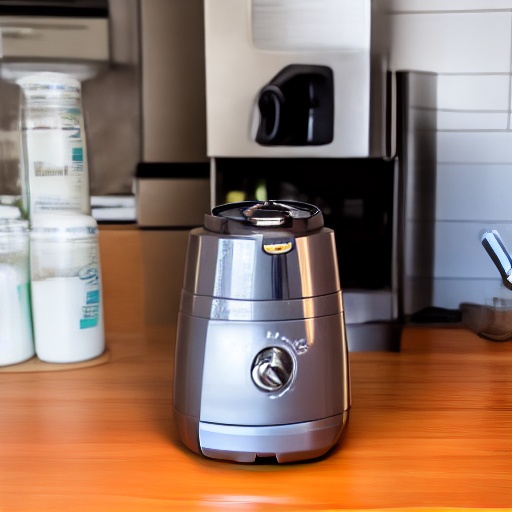
1.25 cups of protein powder equals approximately 10 ounces (oz). This conversion is essential for air fryer recipes, especially when precision matters for meal prep or baking. Whether you're making protein pancakes or adding powder to air-fried desserts, knowing the exact weight ensures consistency. For more air fryer conversions, check out our air fryer conversion chart.
Protein powder can vary in density, so measuring by weight (ounces) is more reliable than volume (cups). A packed cup will weigh more than a loosely scooped one, which affects recipes. If you're prepping high-protein snacks like air-fried cookies or muffins, precise ounces ensure the right texture. Visit our recipe hub for balanced meal ideas.
Using a kitchen scale removes guesswork. For example, 1.25 cups of whey protein typically converts to 10 oz, but plant-based powders might differ slightly. Always check your brand’s label for exact conversions. Need cleaning tips for sticky powder residue? Try our air fryer cleaner guide.
Whey protein is denser than pea or rice protein, so 1.25 cups may range from 9–11 oz. Collagen peptides are lighter, while casein is heavier. For air-fried desserts, stick to weighed amounts to avoid dry or dense results.
If you lack a scale, fluff the powder in the bag before scooping to prevent compaction. Use a spoon to fill the measuring cup evenly, then level it off. Note that this method isn’t as precise as weighing. For air fryer breakfast recipes, slight variances can alter cooking times.
Standard US cups hold 8 fluid ounces, but dry ounces differ. Protein powder averages 0.8 oz per ¼ cup, so 1.25 cups = 10 oz. UK cups follow the same metric. Still unsure? Bookmark airfryerrecipe.co.uk for quick reference.
Air fryers circulate heat differently than ovens, so protein-heavy batters may need extra moisture. If a recipe calls for 1.25 cups (10 oz) of powder, add a tablespoon of liquid per ounce to prevent dryness. Experiment with small batches first.